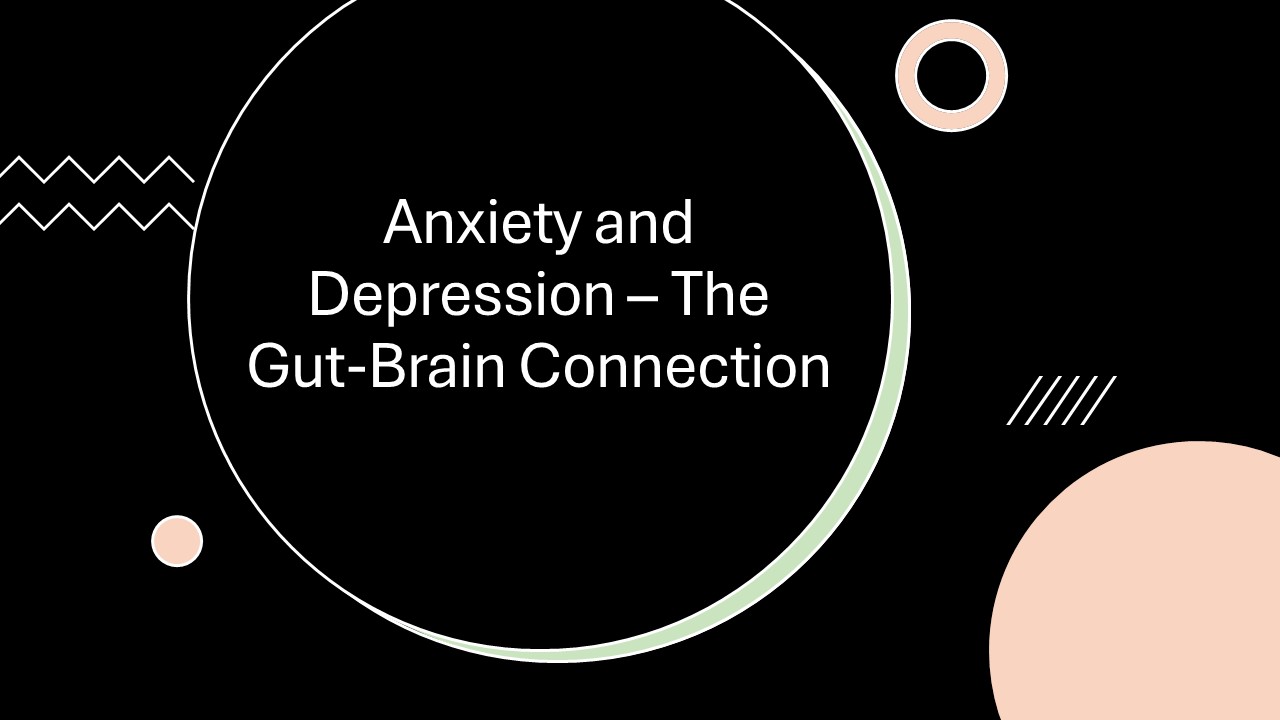In my new presentation entitled, “Anxiety and Depression – The Gut-Brain Connection,” as usual I touch on the microbial fingerprint of these two conditions. As expected, we see the same suspects. Health-promoting bacteria are significantly reduced in the microbiomes of those with anxiety and depression as compared to healthy controls. And of course, on the other hand, the abundance is reversed when it comes to the classic opportunistic pathogens I so frequently highlight.
But if you’re familiar with my presentations, this should come as no surprise. I consistently discuss how this unhealthy imbalance in the gut, what we call “dysbiosis,” is at the root cause of so very many diseases/conditions. And I think as the general public learns more, there’s a growing understanding that there’s a strong connection between the health of your gut, and the health of your mental well-being.
With anxiety, depression and other neurological conditions, what we’re really talking about is brain inflammation. Whether your diagnosis is anxiety or whether it’s Alzheimer’s, the root causes share a great deal of similarity. The main culprit being an immune response to bacteria, or parts of them, like LPS.
I mention LPS in almost every presentation. Why is that? Because it plays such an enormous role in driving inflammation. And where does it come from? Mostly from the intestinal microbiome. Now even healthy people have LPS in their blood. Even healthy people have detectable E coli DNA in their brains. But as you watch my presentations, you’ll come to understand that those suffering from various conditions have a higher abundance of LPS in places where you don’t want it.
LPS is one of a few components that can drive inflammation in the brain of those with anxiety and depression. Stress can drive inflammation as well. Both can lead to an altered serotonin availability. Serotonin’s role in mental health is well established. Obviously, since there are a number of drugs focusing on it, in one way or another. But if we can understand the root cause of this altered metabolism, perhaps we can come up with a better way to support one’s mental health. Well, in my presentation I do just that. I dedicate time to explaining what’s going wrong with tryptophan metabolism, which is the precursor to serotonin.
I cover these topics and more. My information comes from thousands of hours of work. Previously, as the director of medical education for a microbiome firm, and now on my own, I dedicate a tremendous amount of time reading as much of the clinical literature as possible, and meticulously annotating all of the available data to draw a more comprehensive conclusion. You can’t just read one or two trials, the microbiome is too complex, and the data is less consistent with a small sample size. But when you read everything, then it becomes more clear.
In our world as it is, we all now have to be our own health advocates. With a broken government, food and medical system, you need to take charge of your healthcare. So, educate yourself, as best you can. This is why I’ve launched my educational platform. For you. You can find my presentation entitled, “Anxiety and Depression – The Gut-Brain Connection” in my Microbiome University tab, and also on my YouTube channel. If you have a condition or disease that you think would be well served by addressing your microbiome, you can visit the Protocols tab on my website where you can find a science-based protocol which may dramatically improve your quality of life, as they have done for many others (see my testimonials)
You can find this video presentation here:
The Microbiome University – The Microbiome Expert
Or here:
Channel content – YouTube Studio
The references cited within this video presentation (who else is providing you with this?)
Immunoregulatory role of the gut microbiota in inflammatory depression – PubMed (nih.gov)

